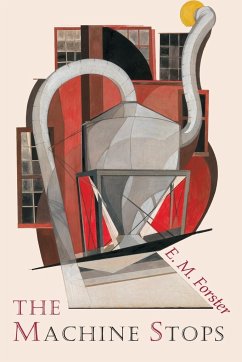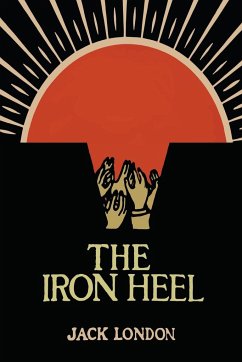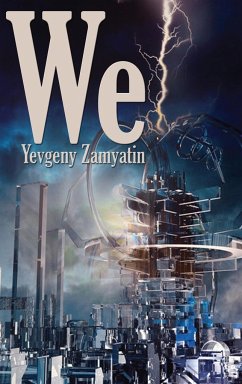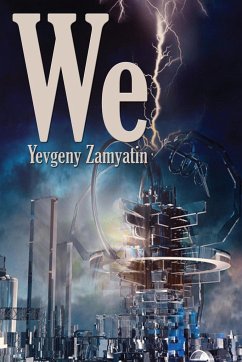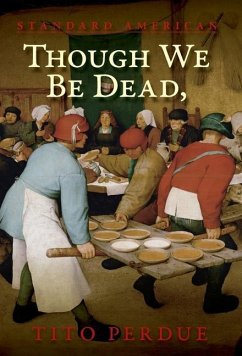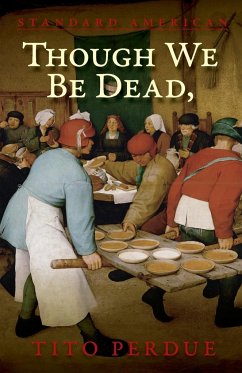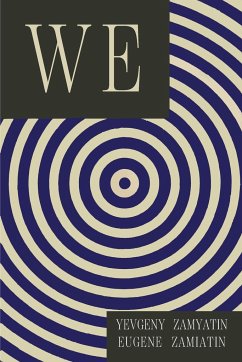
WE
Versandkostenfrei!
Versandfertig in 1-2 Wochen
15,99 €
inkl. MwSt.

PAYBACK Punkte
8 °P sammeln!
2020 Reprint of the 1959 Edition. Full facsimile of the original edition and not reproduced with Optical Recognition software. This edition reprints the first English Language Edition translated by Gregory Zilboorg in 1924 and published by E. P. Dutton in New York. Contains a new introduction by Peter Rudy and a preface by Marc Slonim. The novel describes a world of ostensible harmony and conformity within a united totalitarian state. George Orwell claimed that Aldous Huxley's 1931 Brave New World must be partly derived from We, but Huxley denied it. Along with Jack London's The Iron Heel, We ...
2020 Reprint of the 1959 Edition. Full facsimile of the original edition and not reproduced with Optical Recognition software. This edition reprints the first English Language Edition translated by Gregory Zilboorg in 1924 and published by E. P. Dutton in New York. Contains a new introduction by Peter Rudy and a preface by Marc Slonim. The novel describes a world of ostensible harmony and conformity within a united totalitarian state. George Orwell claimed that Aldous Huxley's 1931 Brave New World must be partly derived from We, but Huxley denied it. Along with Jack London's The Iron Heel, We is generally considered to be the grandfather of the satirical futuristic dystopia genre. It takes the modern industrial society to an extreme conclusion, depicting a state that believes that free will is the cause of unhappiness, and that citizens' lives should be controlled with mathematical precision based on the system of industrial efficiency created by Frederick Winslow Taylor. The Soviet attempt at implementing Taylorism, led by Aleksei Gastev, may have influenced Zamyatin's portrayal of the One State. It remains a classic nearly one hundred years after publication.



